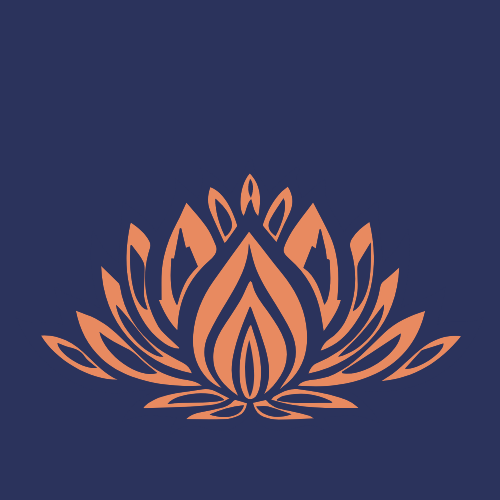The reasons people come to therapy
Perhaps you aren’t feeling ‘yourself’, but you’re not sure why. Perhaps you’re feeling down, anxious, or depressed and you know exactly why, but you’re not sure how to feel any differently. Maybe neither of the above are true and you’re more interested in self-development and career change, but you aren’t sure where to start.
Regardless of the reason you’ve chosen to seek a counsellor, it can be helpful to have a basic understanding of the most common therapeutic techniques used today.
First, it is important to know that the
That being said, let’s get into a few of the most common therapeutic techniques and theories you might see out there.
Cognitive Behavioural Therapy (CBT)
This therapy is best suited to people seeking time-limited and present-entered therapy, where you are the expert of your own story and your own trajectory. Some techniques might involve engaging in reflective homework assignments, learning about how you think, and/or examining your internal dialogue.
Eye Movement Desensitization Therapy (EMDR)
This technique is best suited to those who have experienced trauma. It involves systematic desensitization that aims to reshape how memories are experienced in the present. It is time- limited and focused on both the past and the present. If you are not experiencing PTSD or complex trauma, you will likely benefit more from a more person-entered or solution-focused technique.
Solution Focused Brief Therapy (SFBT)
You have a ‘in your face’ kind of problem. You have exhausted your efforts in trying to solve it, or don’t want to bring yourself to solve it. We believe that only you can have the solution, but we can help you access tools that you already possess to find that solution. This technique typically takes between 6-12 sessions and examines one particular issue that has brought you to therapy.
Existential Therapy
Sometimes there is no one particular reason for feeling a deep sense of dread or anxiousness. Constant worrying about meaning and meaninglessness, life and death, grief, or climate change and societal injustice can be exhausting. If you find yourself struggling to cope with things outside of your control, existential therapy may be best suited to you.
Many other schools of thought and techniques exist, but on this page we have chosen these four because they each model a fundamentally different approach to examining the reason you’ve chosen to come to therapy. When you choose a therapist, you can feel free to ask them more about the methods they align with most. You may find that many counsellors practice all of the above, plus some other techniques; they may be able to guide you through which methods might be best suited to you and why they think so.
At the end of the day, knowing more about the process of therapy and the guiding principles behind it can help ‘de-mystify’ the journey for you. The relationship between you and your counsellor will always be at the heart of any work you do in a session, and learning more about what tools they use might help foster a deeper sense of trust and understanding for you and your expectations about how therapy works.
Ready to give counselling a try?
Visit our team page to read our counsellors professional profiles. Each of our masters level counsellors offer a free 30 minute consultation to see if they may be a good fit for you. Alternatively, you can access our booking page directly .
We’re always happy to help clients find the best fit counsellor for them. Our admin team can often suggest a counsellor for you based upon your unique needs. We can be reached at (250) 300-6860 or at hello@clarityokanagan.com.

